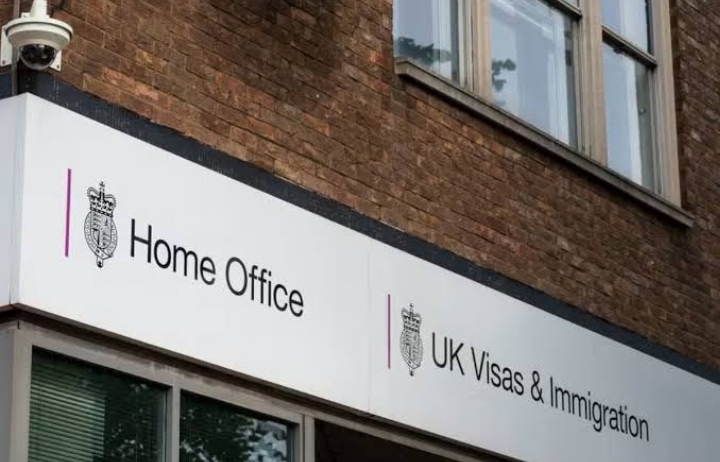UK Government Unveils Sweeping Immigration Reforms to Prioritise High Skills and Domestic Workforce
The UK government has announced a landmark overhaul of its immigration system, unveiling a sweeping package of reforms aimed at reducing net migration and reshaping the system to prioritise high-skilled workers and domestic training.
Published on Monday, the 82-page white paper, Restoring Control over the Immigration System, sets out a new direction that will “restore order” after net migration quadrupled between 2019 and 2023. The measures aim to reduce dependency on international recruitment and ensure immigration policy contributes directly to economic growth.
Key reforms include:
- Raising the Skilled Worker Threshold: The minimum qualification level will return to RQF Level 6 (equivalent to graduate level), with higher salary thresholds and the abolition of the immigration salary list.
- Limiting Access to Overseas Recruitment: Only sectors with long-term shortages and robust workforce strategies, as approved by the Migration Advisory Committee, will be able to recruit from abroad—and only temporarily.
- Ending Social Care Visas: The route for new overseas social care workers will be closed, with a transition period for those already in the UK running until 2028.
- Student Visa Reforms: Tighter regulations will be introduced for sponsoring institutions, with limits imposed on institutions falling short of compliance. Post-study stay will be cut to 18 months.
- Family Immigration Rules: Legislation will clarify that decisions on family-based immigration rest with Parliament, countering what the government sees as overuse of Article 8 (right to family life) arguments.
- Boosting High-Talent Routes: More places will be opened for high-talent visas such as the Global Talent, Innovator Founder, and High Potential Individual routes, with a focus on science, design, and strategic sectors.
- Crackdown on Abuse: The government promises tougher scrutiny and potential sanctions against abuse of the system, including penalties for non-compliant sponsors and tighter asylum rules.
- Foreign National Offenders: Deportation criteria will be reviewed to include more than just length of sentence, starting with a focus on crimes involving violence against women and girls.
- New English Language Requirements: A wider range of visa routes will now require stronger English proficiency, for both primary applicants and dependants.
- Settlement and Citizenship Overhaul: The standard qualifying period for settlement will be doubled to 10 years, and a points-based approach will be introduced for both settlement and citizenship, based on contribution to the UK.
The white paper also announces the formation of a Labour Market Evidence Group to ensure future policy decisions are rooted in reliable data rather than automatic reliance on immigration.
The government says these reforms are part of its broader “Plan for Change” and will be implemented in phases throughout the current Parliament. Further reforms to asylum and border security are expected this summer, following ongoing legislative progress of the Border Security, Asylum and Immigration Bill.

